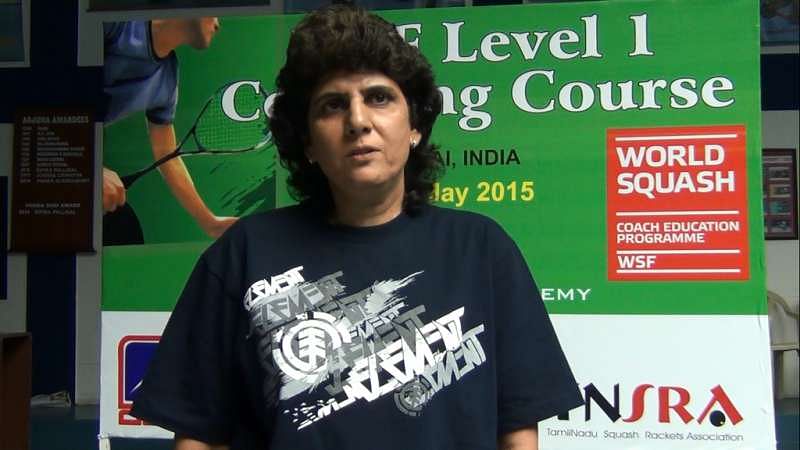
The story of 16-time national squash champion- Bhuvaneshwari Kumari

It isn’t a well-documented piece of history, but squash in India, now famous for the presence of the likes of Joshna Chinappa, Dipika Pallikal etc, has actually in the last few decades produced some exceptional players, who have brought glory to the country.
One among those who had a sensational career for India for over a decade was Bhuvaneshwari Kumari. Born to the royal family of Alwar in Rajasthan on September 1st 1960, Kumari is the grand-daughter of Tej Singh Prabhakar Bahadur and after spending her formative years in the state, moved to Delhi to pursue her higher studies.
Kumari’s father was an avid sports fan and so she too was encouraged to take it up, however, squash wasn't her first choice of sport.
“I was a tennis player. Squash happened by chance. The tennis Nationals were on at the St.Stephens College in New Delhi and it was mandatory that 16 players were to be there. The organisers knew my father and I was asked to come and play at the event. As it turned out, I reached the finals of the competition.
I continued to play the sport, I played it for 2 years but later, I had to make a choice between tennis and squash and I choose the latter,” Kumari told Sportskeeda in an interview.
And what a decision it proved to be. Kumari won a staggering 16 consecutive national titles between 1977 and 1992 and in between was also conferred with the Arjuna Award in 1982. Speaking about the streak, she said that while there was competition, her hard work and sheer desire to be the best were unmatched.
“A lot of women played the sport at the time. I put in a lot of hours in my training. There was a lot of hard work that went behind my success at the Nationals and I ensured that no one came close to me,” she added.
“The future looks very bright”
“Its very sad and disappointing for all. I was very confident that we would make the cut for the Olympics, but it didnt happen,” she concluded.